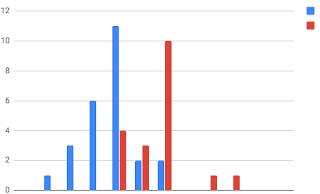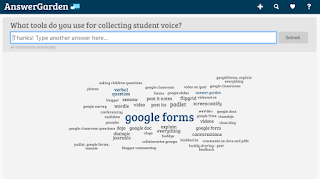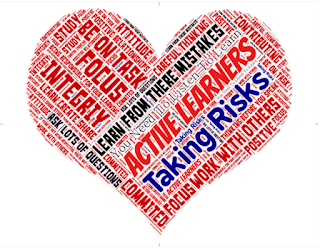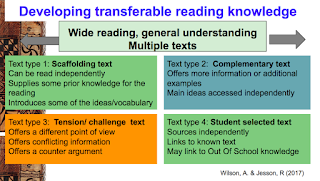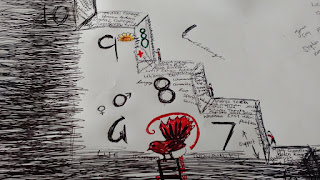The End?
Today was my final MIT day at KPMG. What a year it has been! It has been great to reflect back on the entire process and to consider what we have accomplished through our inquiries this year. After presenting at the Manaiakalani Principals Wananga I have refined my presentation and created this video that reflects on my journey this year. It has been great to have the opportunity to take the time to do a solid inquiry and to develop a tool to support other teachers. I intend to keep building my site and adding resources over time. I am hoping to gather more writing exemplars from students around the clusters. I'd like to thank Anne, Dorothy, Justine and Jenny for providing this opportunity. The food and facilities at KPMG have been amazing - it has been great to have a 'thinking space' outside the classroom.

